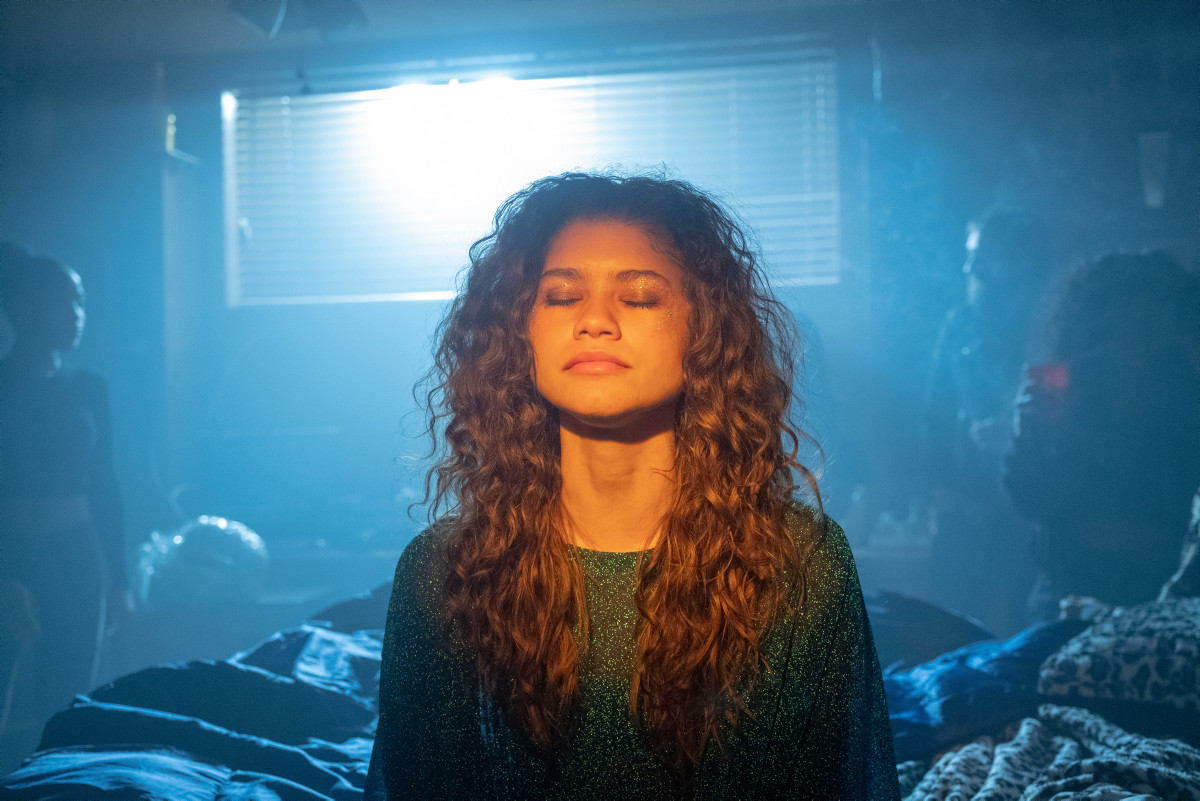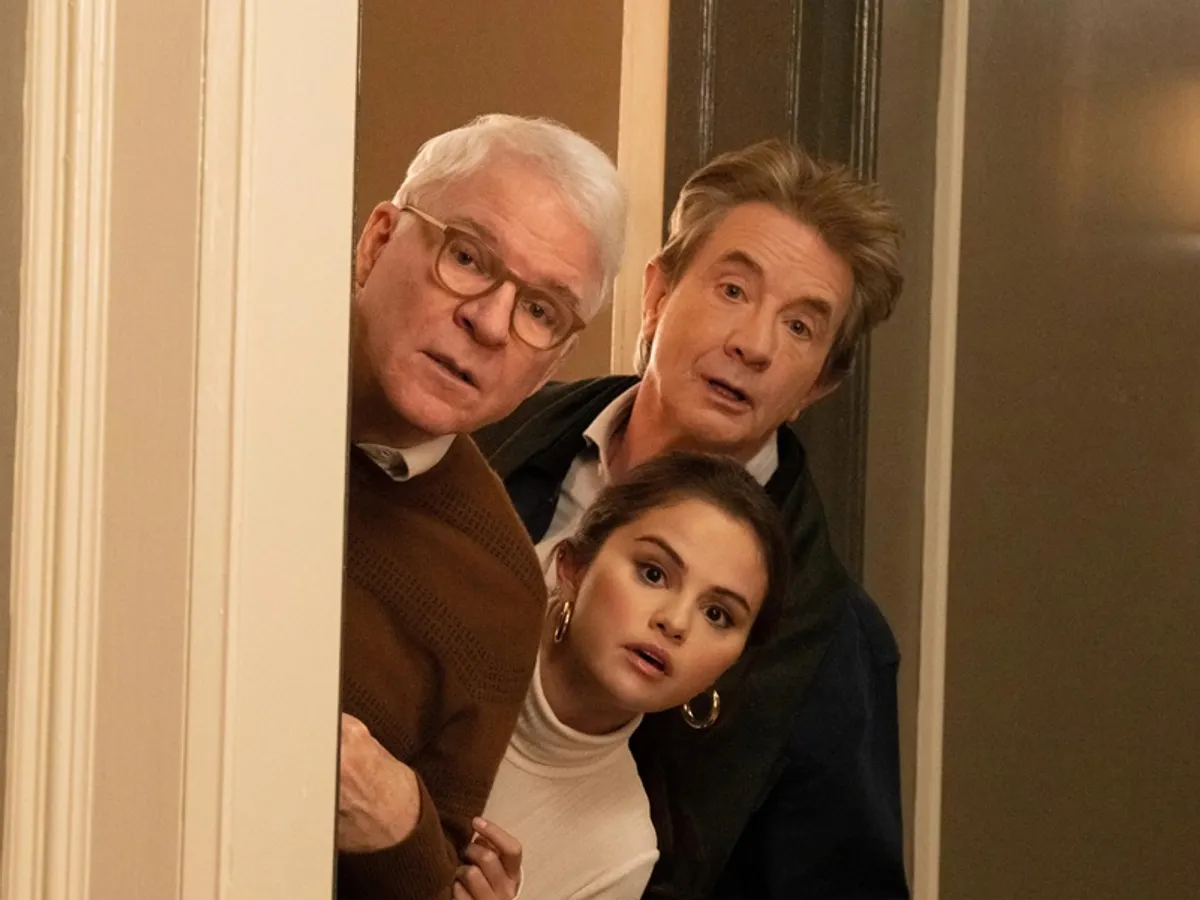The information we receive online is now the most common and memorable information for us, and it doesn’t matter where we get it. Movies, websites, social networks – everything is in motion. And we often believe that everything said on the internet is true. Unfortunately.
In contrast, the film industry, one of the largest sources of entertainment we turn to almost daily, tends to misrepresent or belittle certain (mostly mental) illnesses to glorify them as “something” they are not.
In fact, there are only two extremes in movies: romanticization or stigma. With rare exceptions, you can see a really good representation of the disease without the embellishments that show how difficult it is to live with this type of disorder. And it’s always important to understand that when it comes to addressing a sensitive issue like mental health, you need to approach it responsibly. What the movie industry neglects.
In today’s selection we will tell you how not to, so read on and remember!
“The Joker” (2019)

After the movie was released, it caused a lot of controversy because of its misrepresentation of psychosis. The film doesn’t show how terrible this disease is, but it fuels the common misconception that such problems only lead to cruelty and violence. The film also stigmatizes mental health, specifically glorifying mental illness, including depression and anxiety. Given that the movie is aimed at a younger and more impressionable audience, these mental disorders are often misrepresented.
“American Horror Story” (2011 – …)
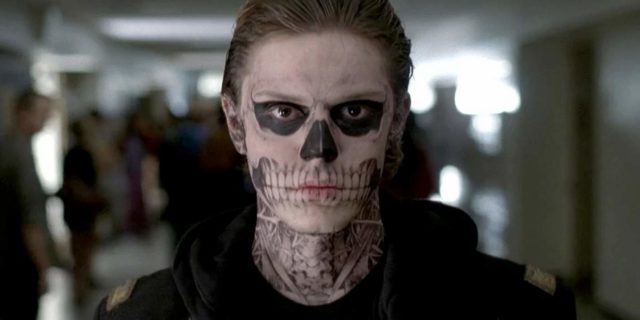
There’s no denying that the first season is canon, but Evan Peters’ character Tate Langdon is portrayed as a sociopath, and the mistake of AIU’s first season was to portray it as something poetically and tragically beautiful for aesthetic purposes. It got to the point where Langdon went for a group shoot with her skull makeup and slicked back hair, and now that makeup and look is one of the most popular for Halloween overall. The show’s portrayal of mental illness convinces audiences, especially teenagers, that there’s a misunderstood beauty in being toxic and mysterious.
“Skins” (2007-2013)
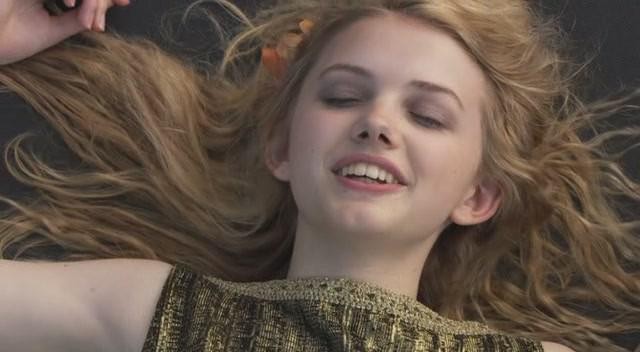
One of the most memorable characters, Cassie Ainsworth, suffers from a very severe eating disorder. She is portrayed as a “beautiful, petite, somewhat annoying but still attractive” girl, and people either love or hate her character. In one episode, Cassie glues stones to her skirt to help her lose more weight. This is a problem as Cassie candidly shows people how to fake health to avoid the right treatment. An impressionable viewer will see it not as a cry for help, but as a “good way” to be thin and beautiful.
“Euphoria” (2019 – …)
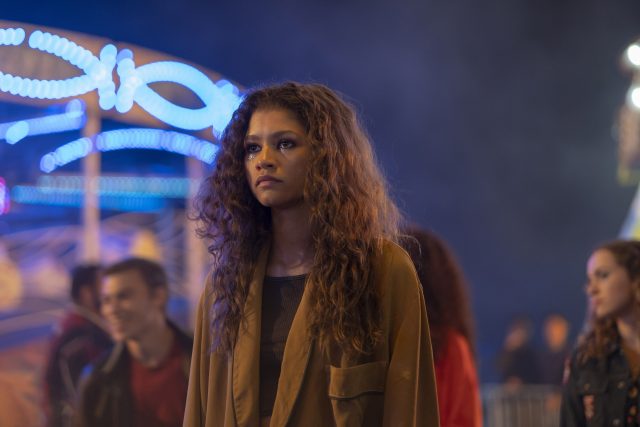
The main character, Rue Bennett, struggles with obsessive-compulsive disorder, psychoactive substance abuse, and bipolar disorder. The series attempts to portray addiction as an uphill battle with the destruction of relationships, personal security, and mental stability, while treating Roux’s illnesses as something exciting and desirable. The show presents Roux’s scenes of bipolar episodes and drug use in a cinematic and vivid way, leaving the audience with a desire to seek out such “thrills”.
Source: People Talk
I’m Roger Gritton, and I’ve been writing for the The Fashion Vibes for over 5 years now. My specialty is beauty news; I’m passionate about covering the latest trends, products, and innovations in the industry. In my time there, I’ve become known as an authority on all things beauty-related.
I love discovering new experts to interview, researching up-and-coming ingredients and techniques that are making their way onto our beauty shelves and highlighting people who are making a difference in the world of cosmetics. My work has appeared not only on The Fashion Vibes, but also several other publications including the New York Times Magazine, Allure Magazine and Refinery29.

